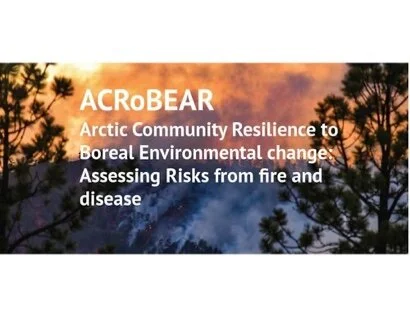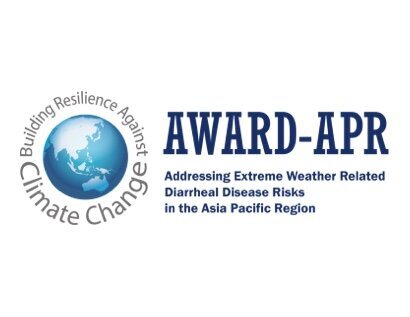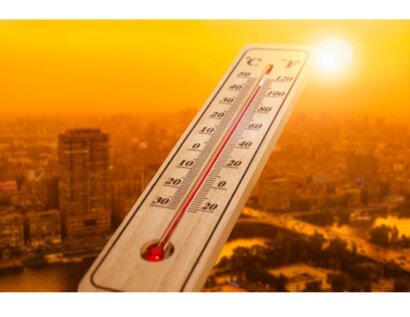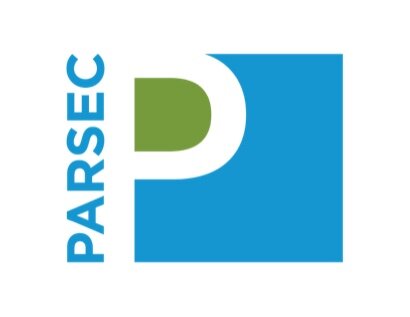
Connecting climate change and health research
Our network
Projects represented in ENBEL
The ACRoBEAR project aims to understand and predict health risks from wildfire air pollution and natural-focal disease at high latitudes, under rapid Arctic climate change, as well as resilience and adaptability of communities across the pan-Arctic region to these risks.
A multinational consortium created to perform comparative analyses of diarrheal disease risk associated with extreme weather events in order to develop a transferable solution — S2S early warnings for diarrheal disease — to reduce extreme weather-related diarrheal disease burdens and improve community resilience to climate change.
This project examines how community collective action in Toco, Trinidad and Tobago and Sitka, Alaska is used to respond to the health impacts of climate change focusing on heat, infectious disease, and food.
CHAMNHA will generate knowledge on the burden of disease from heat stress during pregnancy, postpartum and for newborns, on effective, acceptable and feasible heat interventions, and facilitate adaptation planning to improve preparedness and reduce the impacts of extreme heat in sub-Saharan Africa.
HEATCOST quantifies global current and future changes in cardiopulmonary (CPD) mortality and morbidity due to extreme heat and air pollution (including from wildfires) under selected climate scenarios, while assessing a diverse set of adaptation mechanisms and strategies, and estimates the associated costs.
Chronic kidney disease of nontraditional cause (CKDnt), is a risk for millions of workers in Latin America and Asia. Strenuous work in extreme heat without sufficient rest and hydration is an important driver. Without prevention, this epidemic will likely accelerate due to climate change.
BuildERS works on increasing the crisis resilience and social capital of European communities and citizens. It will do this by genuinely co-designing processes and tools with citizens, first-responder organisations and technology developers.
CASCADES identifies how the risks of climate change to countries, economies and peoples beyond Europe might cascade into Europe. It does so by analysing how these risks interact with major challenges facing European societies.
ClimApp is an EU JPI Climate ERA4CS project. The mobile phone App integrates weather forecast and individual factors into human thermal models, provides personalized health risk warning and advice to cope with heat and cold stress when facing extreme weather events.
EXHAUSTION quantifies the changes in death and disease from heart and lung disease due to extreme heat and air pollution (including from wildfires) under selected climate scenarios. We do so by including a diverse set of adaptation strategies, calculate the associated costs, and identify effective strategies for minimizing adverse impacts.
This EU funded H2020 project HEAT-SHIELD addresses the negative impacts of workplace heat stress on occupational health and productivity of the EU workforce in five sectors due to climate change.
The PARSEC project is designed to provide a unique opportunity for data and synthesis scientists to collaborate and exchange in real-time toward the goal of improving research outcomes, data sharing, and data reuse. It will also help pioneer new scientific and data science technologies aimed at improving both the management and conservation of global biodiversity.
Enhancing Belmont Research Action to support EU policy making on climate change and health.

The Belmont Forum
Established in 2009, the Belmont Forum is a partnership of funding organizations, international science councils, and regional consortia committed to the advancement of transdisciplinary science. Read more

Climate, Environment and Health
Under the 2019 Belmont Forum/Future Earth call for proposals on Climate, Environment and Health (CEH2019), nine projects which will improve understanding of the pathways between climate, environment and health received funding. Read more












